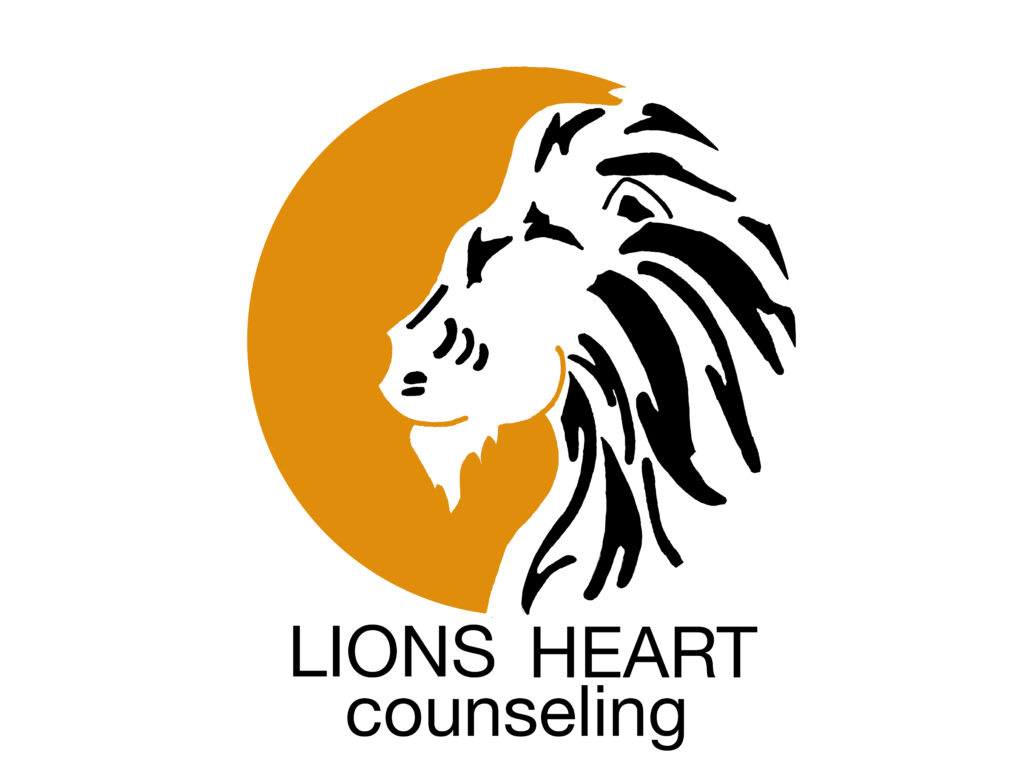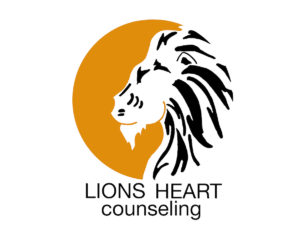How Do I know if I am a good candidate for depression treatment?
- Are you or someone you love suffering from depression?
- Do you feel like you lost your energy, drive and ambition?
- Do you toss and turn at night reviewing for feelings of loss or failure?
- Is joy and curiosity a distant memory.
According to the NIMH (National Institute of Mental Health) Everyone occasionally feels blue or sad. But these feelings are usually short-lived and pass within a couple of days. When you have depression, it interferes with daily life and causes pain for both you and those who care about you. Depression is a common but serious illness. With the proper diagnosis and depression treatment things can improve!
However, many people with a depressive illness never seek depression treatment. The majority of depressed people, even those with the most severe depression, can get better with depression treatment. Medications, psychotherapies, and other methods can effectively treat people with depression.
Often times we get anxious or sad because our life is not what we want it to be and we don’t have a plan in place for making it any better. This often leads to us feeling worse, problems escalating and feeling overwhelmed. But there is a way through this. Having a plan can give us hope and encouragement and keep us on track.
Depression Treatment – Signs and Symptoms
According to the NIMH People with depressive illnesses do not all experience the same symptoms. The severity, frequency, and duration of symptoms vary depending on the individual and his or her particular illness.
Signs and symptoms include:
- Persistent sad, anxious, or “empty” feelings
- Feelings of hopelessness or pessimism
- Feelings of guilt, worthlessness, or helplessness
- Irritability, restlessness
- Loss of interest in activities or hobbies once pleasurable, including sex
- Fatigue and decreased energy
- Difficulty concentrating, remembering details, and making decisions
- Insomnia, early-morning wakefulness, or excessive sleeping
- Overeating, or appetite loss
- Thoughts of suicide, suicide attempts
- Aches or pains, headaches, cramps, or digestive problems that do not ease even with treatment.

Depression Treatment can help you create A plan to work toward a more satisfying life:
- Recognize the value of our emotions
- Honor our Emotions
- Take Inventory – How satisfied are you with all areas/domains of our life.
- Start working toward a plan for improvement. The best way to do this is one step at a time.
Recognize the value of our emotions – Many times when we talk about our problems with friends and family they will provide some empathy and support then jump right into problem solving. While they mean well, this can be invalidating and teach us that emotions are something to run away from something to keep at a distance. After years of relating to our emotions in this way, we may be numb to the character of our emotions seeing them in gross categories like anger, fear, despair, sadness and hopelessness.
- Escaping our emotions leads to a build up of problems
- Trying to just let it go – keeps us up at night and invalidates our authenticity
But there is another way to relate to our emotions. Depression Treatment can help you to recognize and honor them rather than pushing them away. When we do this we can relate to our emotions as a barometer of how true we are being to ourselves and how satisfied we are with life. Listening to this barometer can keep us grounded, authentic and on track with our purpose and goals.

Get Started Today!
Call us at (844) 546-6788
to schedule a free 20 minute consultation
Sacramento CA 95825
Honoring our Emotions In my experience, the best way to honor our emotions is to accept them and explore them without trying to shove them down or put them out of our minds. This can be a scary and fearful place to dwell, particularly if we are not used to dealing with our emotions in such a straight forward manner. But consider the coping methods many of us use to escape.
- alcohol and drugs
- binge eating
- relationship dissatisfaction
- self-loathing
- reckless behavior
Further, if we keep pushing our emotions down we need to keep escalating our coping behaviors just to maintain our balance. Then when one more problem comes along in a relationship, bills, car problems, or issues at work where do we turn? While much of this work can be done on your own, involving close friends or even a professional counselor or therapist into the mix can help give you great leverage, accountability, and perspective.
How Can Depression Treatment Benefit Me?
Psychotherapy
Several types of psychotherapy—or “talk therapy”—can help people with depression.
Two main types of psychotherapies—cognitive-behavioral therapy (CBT) and interpersonal therapy (IPT)—are effective in treating depression. CBT helps people with depression restructure negative thought patterns. Doing so helps people interpret their environment and interactions with others in a positive and realistic way. It may also help you recognize things that may be contributing to the depression and help you change behaviors that may be making the depression worse. IPT helps people understand and work through troubled relationships that may cause their depression or make it worse.
This is the end of Information is provided from the NIMH website
It has been my experience, that many people benefit from the use of medication for depression and anxiety in the short term, but don’t like to feel they need medication long term. With the list of adverse side effects becoming more openly discussed and people becoming more sophisticated about the use of medications many people opt for a combined approach of short term medication followed with Psychotherapy for long term results. Dr. David Burns, is an advocate of mostly medication free treatment for depression and strongly believes that Cognitive Behavior Therapy, particularly the TEAM approach to CBT that he has created can be effective alone in treating depression. Dr. David Burns on Antidepressants
A More Detailed overview of Cognitive Behavior Therapy, cognitive distortions and automatic thoughts will be presented in part 2 of this series.
Click here for a more detailed discussion of treatment options for depression Depression Treatment 101
TMS – Transcranial Magnetic Stimulation
An Effective Treatment With Lasting Benefits.
According to TMS Health Solutions TMS therapy offers an effective, non-invasive, FDA-cleared alternative to traditional medications. Because TMS uses magnetic pulses that are precisely targeted to the brain, it does not cause the side effects associated with antidepressant medications, such as dry mouth, upset stomach, dizziness, drowsiness, weight gain, and sexual dysfunction.
TMS therapy is administered in an outpatient setting. There is no surgery or sedation of any kind. Each session is 30-60 minutes and patients can drive immediately following the session. A typical treatment plan consists of sessions lasting four to six weeks.
Physical Health –
Getting regular exercise of at least a half hour a day doing something that elevates your heart rate can benefit you in many ways. First of all, if your self-image is part of your depression thoughts and beliefs, regular exercise will help you start feeling better about your body and be more connected to it. Secondly, getting regular exercise reduces your resting heart rate, gets you out of your head and into your body more. In addition, your body will increase production of chemicals that create a feeling of well being, some of the very chemicals antidepressants work with. Cutting back on caffeine, sugar and alcohol particularly a couple of hours before bed can be particularly beneficial. Alcohol is a physical depressant, it does make us feel good for a time and forget problems but it impacts sleep, rest and feeling good. Getting a restful night’s sleep can make significant difference in your outlook on life and decrease depressive symptoms, improve thinking and concentration.
Because You’re Worth It!
Get Started Today!
Call us at (844) 546-6788
to schedule a free 20 minute consultation
Sacramento CA 95825
Information provided on this site does not constitute a patient therapist relationship, and should be used under the guidance of a licensed mental health professional. Information presented on this page was written by James Meyer, LCSW Lead Counselor and founder of Lions Heart Counseling Sacramento. Information gathered from The Dialectical Behavior Therapy Skills Workbook by McKay, Wood & Brantley.
